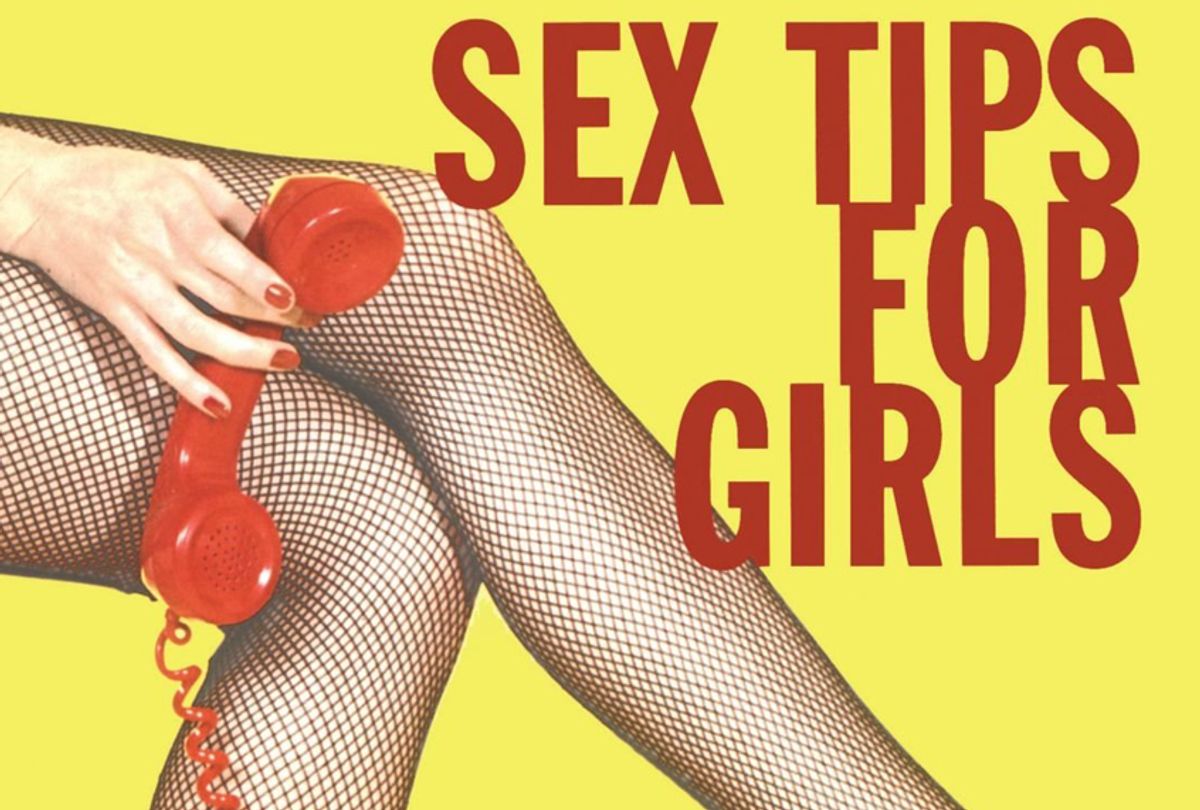The book had a bright yellow cover and a photograph of a pair of long, fishnet-clad legs. I was a sheltered 17-year-old recent Catholic high school graduate heading off to college at the height of the AIDS era, and a classmate had just entrusted it to me as a going away present."You're going to need this," she told me. The book was called "Sex Tips for Girls." My pal was right.
Cynthia Heimel, humorist, author, party girl and lifelong advocate for a woman's right to have a good time, died in Los Angeles on February 25 at the age of 70. Her son Brodie Ransom told The Washington Post that she had been diagnosed with dementia a year prior.
Even if you've never heard of her, I promise you've felt her influence. Cynthia Heimel was Carrie Bradshaw before there was a Carrie Bradshaw. She was in the original "Trainwreck," and proudly so. She was an undeniable influence on a generation of female writers who happened to notice that sex is pretty great — and pretty ridiculous. She was also, for a time, my friend.
When it debuted in 1983, "Sex Tips for Girls" made Heimel an instant literary celebrity. But it was her work as a sex columnist for publications like the Village Voice and Playboy, as well as her commitment to walking the walk in her rather public personal life, that made her such an enduring influence. When I read Heimel's work for the first time, it upended what I believed, with my still very limited experience, sex was — and confirmed what I hoped it could be.
I had grown up on my mother's Cosmopolitan magazines and Cathy cartoons, and no disrespect to either, but they left the impression that adult, feminist, sexually active women should be technically-skilled masters of the erotic arts and also neurotic messes who would rather be eating chocolate. Heimel's writing was a reassuring contrarian whisper to generations of young women. It said, "You get yours, girl."
Heimel advised ladies, frankly, to "enjoy sex" — a concept that is still revelatory. Wait, not make love like a porn star so that some guy thinks I'm amaaaazing? Not date men according to a prescribed set of manipulative head games in which the objective is to make him value me as a creature unlike any other? Just . . . "Have adventures"? Hot. Diggity.
Heimel told girls that vibrators were their friends and that you don't have to screw him because he picked up the check. She told them how to put on lingerie — you won't learn that panties go on top of garter belts from Victoria's Secret. She did it all with an immense sense of laughter and absurdity. She was like Dr. Ruth, unchained.
I was a few years out of college and still trying to become a professional writer when I interviewed Heimel for an alternative weekly about one of her later books. True to her persona, she fed me from the box of pastries she happened to have nearby. Then, she didn't merely befriend and mentor me, she also did the same with my entire squad of young, eager female writer friends. She took us in with a generosity which no other established writer even came close to. Many years later, she unceremoniously unfriended me on Facebook, because that was Cynthia, too. Benevolent. Hilarious. Moody. Inscrutable.
Heimel's combination of sophisticated wit and up-for-anything sexuality eventually spawned a host of successors. For a time, every magazine had their own version of her, dispensing glib erotic advice with a fraction of her panache. (I should know — I was briefly one of them, for a now defunct print publication.)
Most famously, Heimel paved a way for Candace Bushnell, whose iconic characters began their lives in her "Sex and the City" column for the New York Observer in the '90s. It is likewise difficult to imagine Bridget Jones had there not first been Cynthia Heimel, candidly chronicling her life as a woman of unapologetic — if not always fulfilled — appetites. And she was an integral part of creating a brand of female humor that didn't use self-deprecation as a means of begging an audience to love you.
Her work was very much of an era, and as such it reflects her white, straight, urban experience. But she also spoke, without even trying, to our universal longings — and to the simple fact that, as she put it, "Sex is important! Sex is profound! Sex is funny!"
It's all of those things. And, dammit, so was she.



Shares